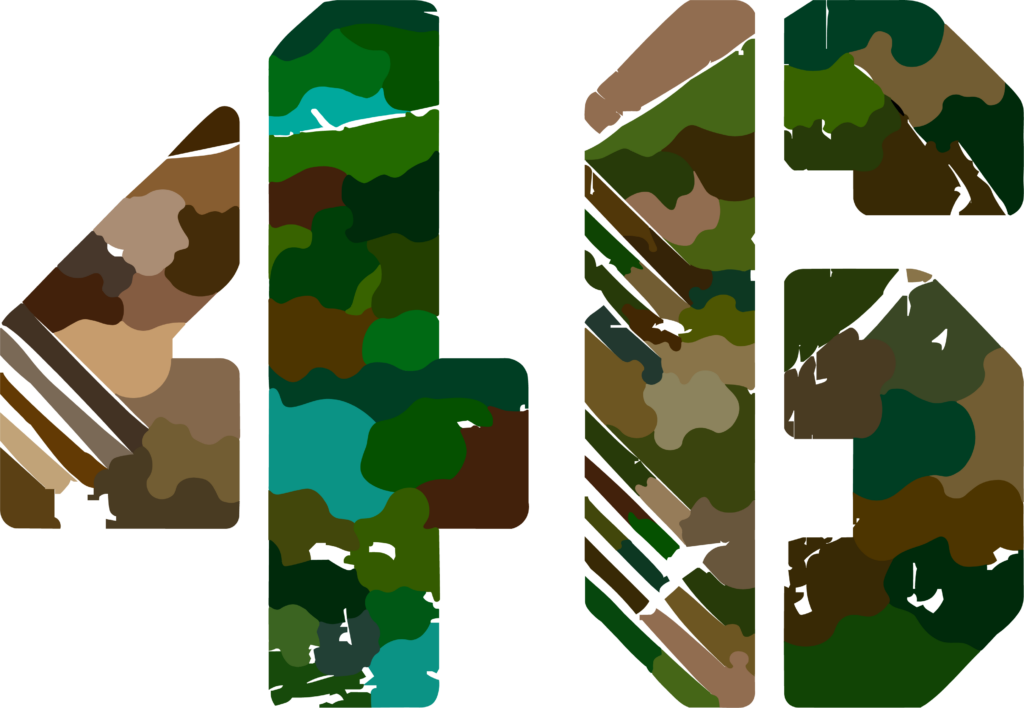CS INTERNALS
Internal Slangs
| Slang | Meaning / Semantic |
|---|---|
| SR | Situation Room. Any meeting or location for a particular case |
| AWOL | Absence without leave. Leaving without information, permission, ghosting |
| GBNF | Gone But Not Forgotten. Former team member whose contribution still benefit to the community despite their departure from CS |
| Embed | When a journalist, auditor, outsource is reporting on the action happening at the case location |
| Cadence | Harmony. Catching the team rhythm |
| Orphan | Certificate holders who dont have any occupation |
| Fallen Eagle (FE) | Team members who passed away |
| Stake-out | Observation of the new instructor or team member |
| O-Line | The place where the case occurs |
| Walk-in | Anything or anyone comes itself in a natural flow |
| Rucks | Backpack including all the stuff for the case |
| EDC | Everyday Carrying |
| Roll-up | Terminating personnel, coach, mentor, instructor or closing a case |
| Cold Case | a case cannot be resolve more than 2 weeks and having dependency with delay |
| Sitrep | Situational Report. It might be a adhoc report during any case |
| Deployment | Geographical change for any mission |
| Fobbit | Doing nothing during the deployment, weak performance or ignoring |
| Mandatory Fun (MF) | non-business team meeting such as camp, picnic, retreat, or whatever but you are still required to attend |
| Deros | Date estimated return overseas. Nomadic or remote projects |
| Gofo | Grasp of the fucking obvious |
| Badmin | Bad administration of a case or person |
| Crow | Combat Recruit of War. Temporarily outsourcing or sourcing for an ongoing case |
| Slang | Meaning / Semantic |
|---|---|
| Ring-out | Quitting from any program given in CS |
| QIBS | Quit in Bad Standing. |
| QIGS | Quit in Good Standing |
| Endex | End of Exercise |
| WRet | Weekly Retro |
| GRet | Grand Retro |
| Debby | Daily Debrief |
| WIA | Wounded in Action. Person becomes temporally non workable |
| Sedo | Seducing the class during any program |
| Domestication | Getting familiar to the CS mindset |
| Foreignization | Losing the mindset and the culture |
| KIA | Killed in Action. Person permanently out of working capacity in any program |
| Pipehitter | Goes to extremes to get it done |
| FTX | Field Training Exercise such as tiger drills, events with former special forces, mental resilience activities etc. |
| Rebound Effect | Continuously losing mindset especially after Ranger program |
| Contemporary Topics (CT) | Additional content in different disciplines such as terrorism studies, psychological warfare, war studies, intelligence studies, physical security |
| Unilateral Drills | Isolated Exercises, can be internal only, or a workshop on a very specific topic |
| Weed-out | Selection Period |
| Screening | General evaluation |
| ZPF | Zero Performance Feedback |
| FRP | Functional, Resilient and Primed |

Birthday of CS. 04.06
Numbers represent the related characters in the English Alphabet. D and F
4 = D
Discipline
Dedication
Doctrine
Distinctions
Drive
Dichotomy
Development
Defy the Odds
Dignity
Durability
Determination
Diligence
6 = F
Functionality
Freedom
Fellowship
Futurist
Fight
Form
Force
FOB (Forward Operating Base)
Flexibility
Fortitude
Focus

